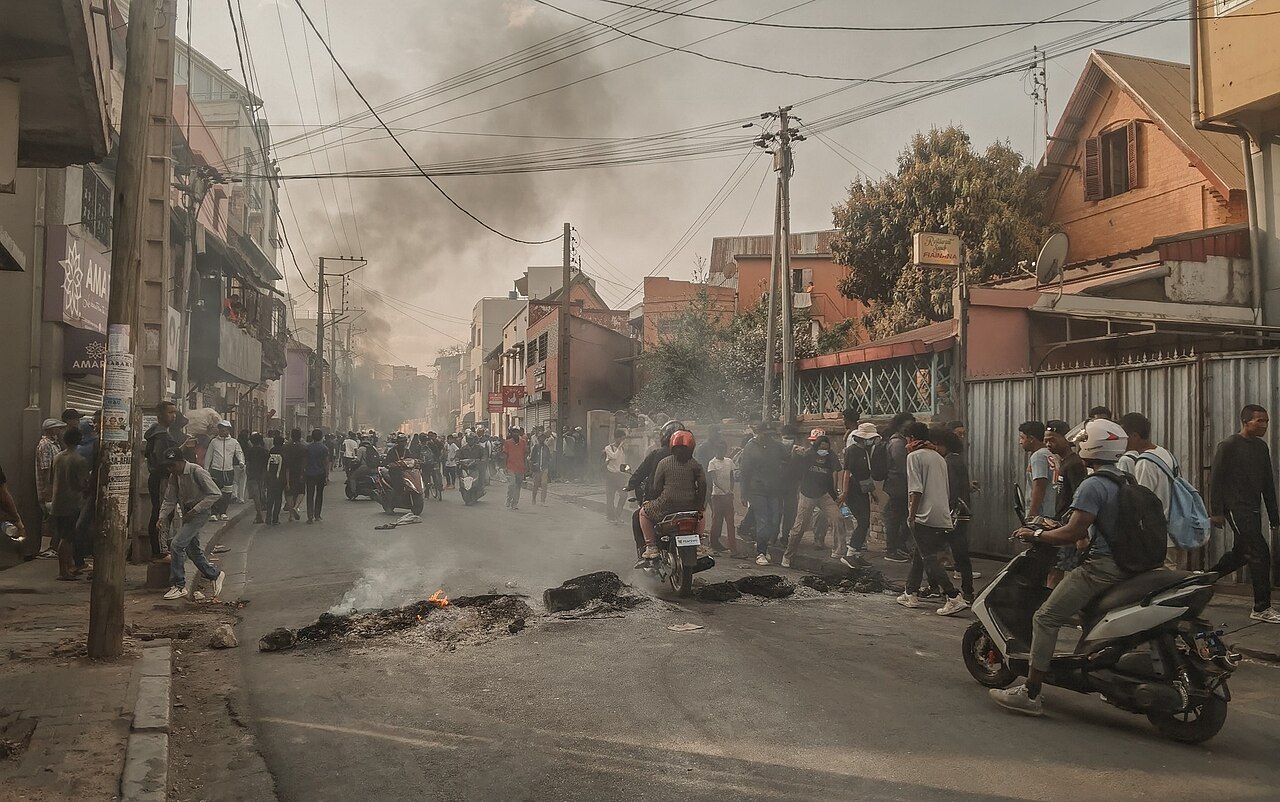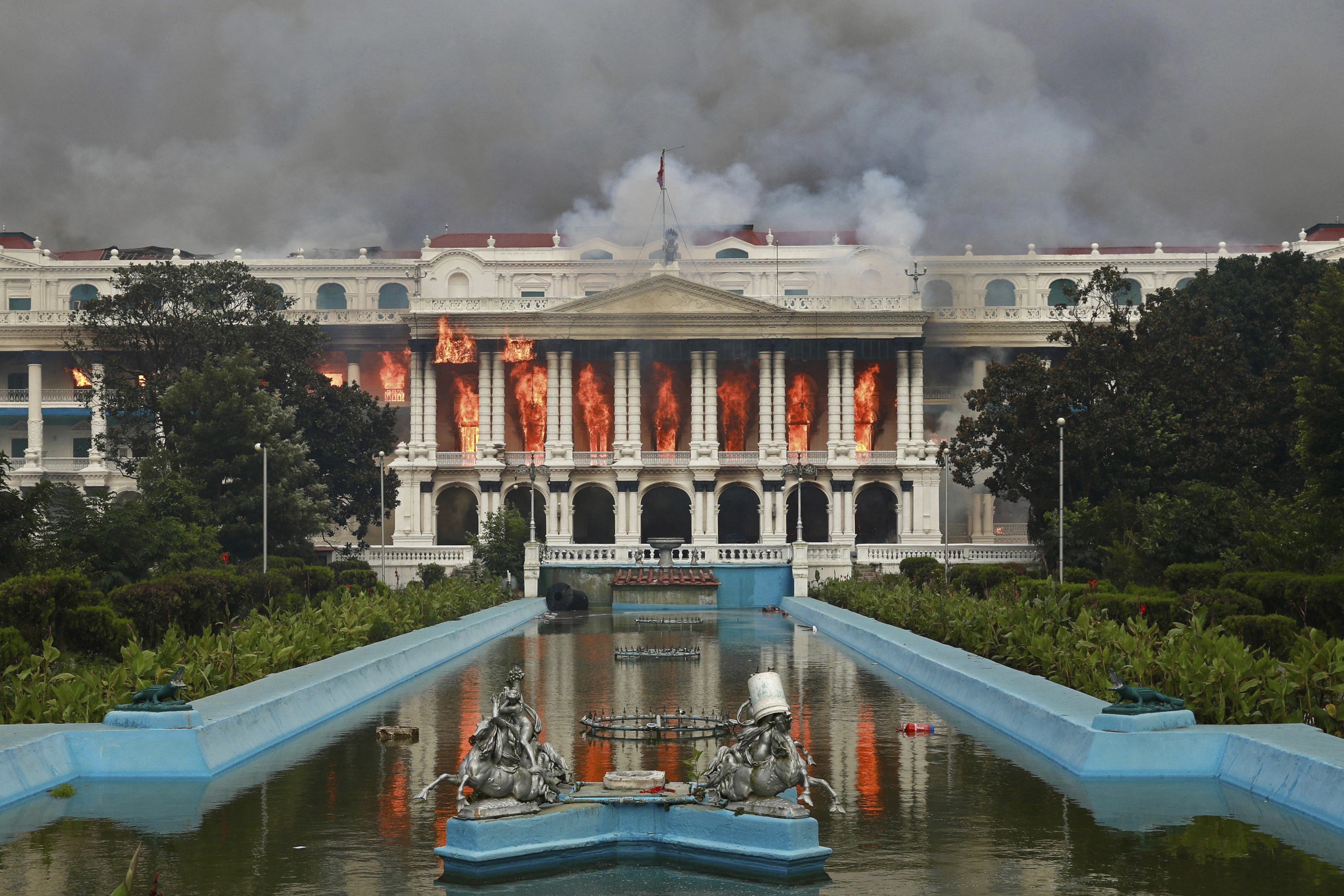The executive, headed by King Abdullah II, influences, primarily via appointments, over the legislative and judicial branches of government. The concept of a division of powers with clear and robust checks and balances is nonexistent in Jordan. Political posts are filled without any real regard for electoral outcomes. There has been an increase in harassment and arbitrary arrests, which has contributed to the shrinking of the civic space.
Jordan witnessed economic recovery to pre-pandemic levels, with GDP growth of 2.2% in 2021 and an additional 2% in 2022 driven by expansions in the service and industrial sectors, along with a strong recovery in tourism. However, it is not accompanied by commensurate job creation or improvements in living standards. In the meantime, the debt-to-GDP ratio remains unsustainable – a clear indication of Jordan’s unhealthy dependence on foreign aid and loans to cover expenses.
Government priorities, whether short-, mid- or long-term are primarily developed in the royal court, the king’s inner circle, and in the face of foreign pressures. This creates a situation in which the governments themselves neither set nor alter strategic priorities. In terms of foreign policy, ambiguous or contradictory positions have been adopted so as to not anger foreign aid donors and creditor agencies.

